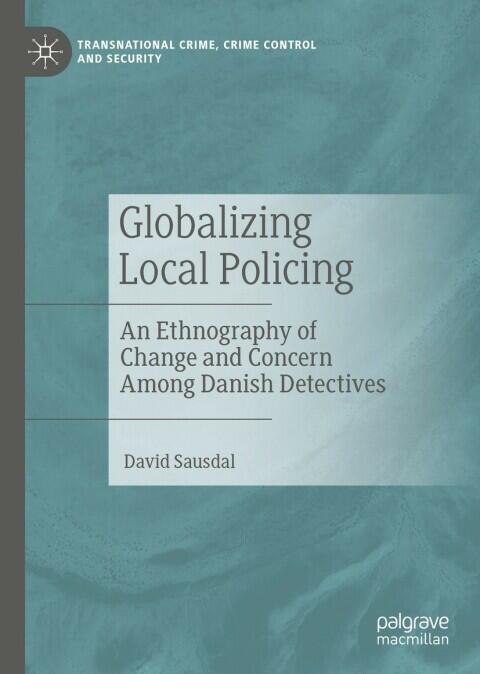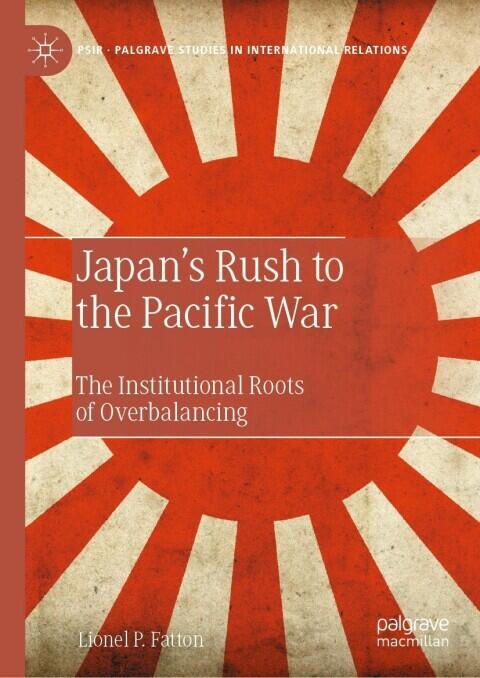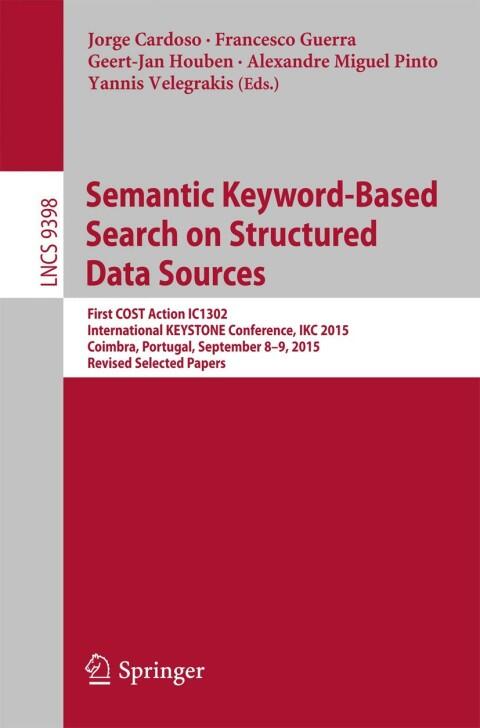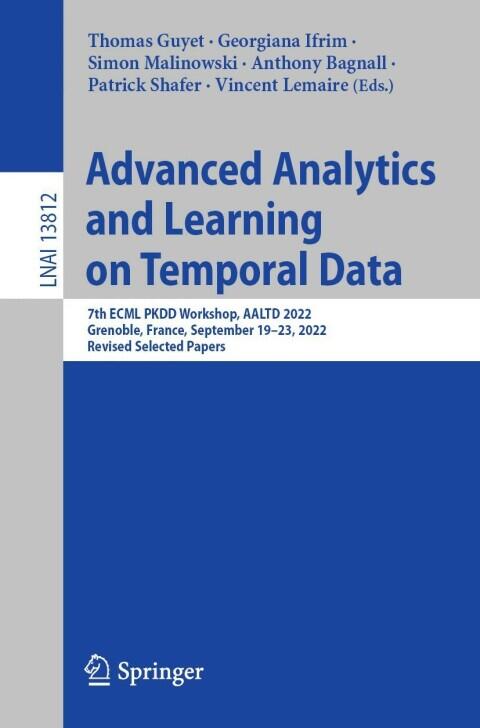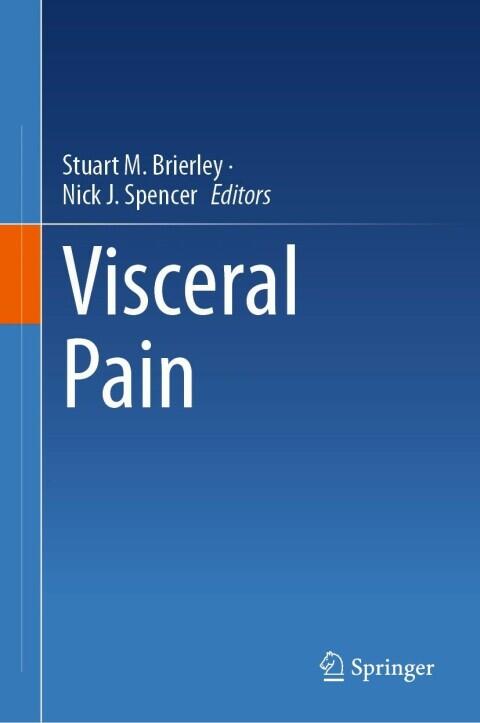
Einfluss der Besteuerung auf die Wahl der Organisationsform: Eine institutionenökonomische Analyse der Auswirkungen auf Integration und Konzernierung
还没有评分
Science & Technology
Business & Economics
格式
精装书
页数
311
语言
德语
已发布
May 30, 2006
出版商
Deutscher Universitätsverlag
版本
2006
ISBN-10
3835004115
ISBN-13
9783835004115
描述
Sven Petersen delves into the intricate relationship between taxation and organizational structure in this comprehensive study. The author employs an institutional economic perspective to unravel how tax policies influence the choice of organizational forms in business practices. By dissecting this dynamic, Petersen offers insights into the strategic considerations that businesses must account for when making decisions about integration and conglomeration.
Throughout the analysis, Petersen highlights various institutional factors that play a critical role in shaping organizational choices. He meticulously examines how different taxation systems can have profound repercussions on a company's operational efficiency, growth potential, and competitive positioning. This exploration not only sheds light on the underlying mechanisms at play but also provides valuable implications for policymakers and business leaders alike.
Petersen's work stands out for its depth of research and clarity of thought, making complex economic concepts accessible to a broader audience. His findings contribute to an ongoing discourse about the interplay between fiscal frameworks and business structure, offering a nuanced understanding that may influence future studies and business strategies.
This essential read invites readers to reconsider how taxation strategies can mold corporate behaviors and decisions, reinforcing the significance of institutional economics in contemporary business environments. Petersen's thoughtful analysis serves as a crucial resource for anyone seeking to understand the ramifications of taxation on organizational dynamics.
Throughout the analysis, Petersen highlights various institutional factors that play a critical role in shaping organizational choices. He meticulously examines how different taxation systems can have profound repercussions on a company's operational efficiency, growth potential, and competitive positioning. This exploration not only sheds light on the underlying mechanisms at play but also provides valuable implications for policymakers and business leaders alike.
Petersen's work stands out for its depth of research and clarity of thought, making complex economic concepts accessible to a broader audience. His findings contribute to an ongoing discourse about the interplay between fiscal frameworks and business structure, offering a nuanced understanding that may influence future studies and business strategies.
This essential read invites readers to reconsider how taxation strategies can mold corporate behaviors and decisions, reinforcing the significance of institutional economics in contemporary business environments. Petersen's thoughtful analysis serves as a crucial resource for anyone seeking to understand the ramifications of taxation on organizational dynamics.
